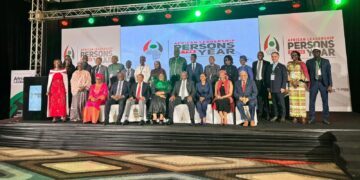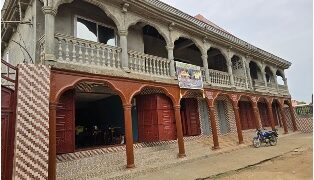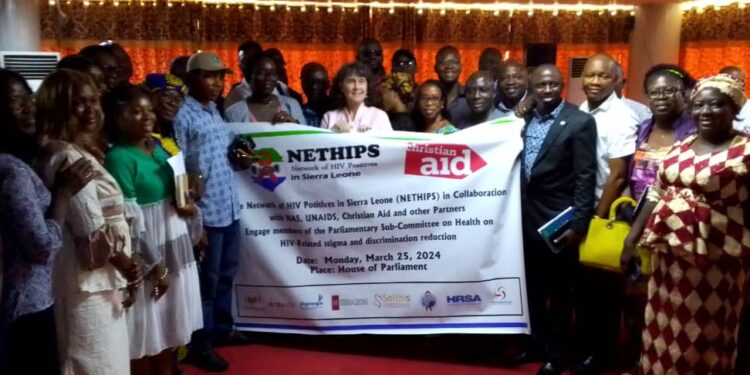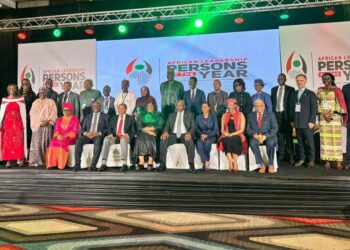By Alieu Amara Suwu
The Network of HIV Positive in Sierra Leone (NETHIPS), in collaboration with the National Aids Secretariat (NAS), UNAIDS, Christian Aid, and other partners, has engaged Members of Parliament on the Committees on Health on Human Immunodeficiency Virus (HIV) and Acquired Immunodeficiency Syndrome (AIDS) and related stigma and discrimination reduction, which further reveals that 69,629 HIV patients have been on treatment since 2023.
The engagement was held on Monday, March 25, 2024, at the Committee Room One Parliament building, Tower Hill in Freetown.
HIV is an infection that attacks the body’s immune system. AIDS is the most advanced stage of the disease.
HIV targets the body’s white blood cells, weakening the immune system. This makes it easier to get sick with diseases like tuberculosis, infections, and some cancers.
HIV is spread from the body fluids of an infected person, including blood, breast milk, semen, and vaginal fluids. It is not spread by kisses, hugs, or sharing food. It can also spread from a mother to her baby.
Dr. Laccoh at the Ministry of Health said they are establishing partnerships with the different units, secretariats, directorates, and Members of Parliament on tackling HIV and AIDS. He said they would continue to engage MPs and provide them with the necessary information to engage their constituents and units within their constituencies. And even inform them about the facilities that provide treatment for HIV-positives.
He said the numbers of the HIV population from 2020 to 2023 show whom they have treated and continue to treat. He asserted that the figures do not mean that there is an increase in the disease but show the progress they have made over time and the effectiveness of the treatment. Most importantly, he said they have increased the detection of those positives and the number of people treatment is being administered to.
According to the global index in 2023, he said HIV can be completely wiped off the list of diseases based on the trajectory they have taken—tackling those positive and putting them on treatment. And by providing treatment, their number can be drastically reduced, he said.
On challenges in administering treatment, he said stigmatization is still a problem. However, he said confidentiality is top-notch, especially with professionals (medical persons).
In his presentation, the National Aids Secretariat Director General, Abdul Rahman Sesay, said that a total of 176 HIV nurse counselors have threatened to quit rendering services to HIV patients if they are not issued a pin code.
According to him, the Global Fund has been the organization that has been paying those nurse counselors, but they have decided to stop by June this year.
Hon. Wuyatta Songa, the Committee Chairperson, urged the Ministry of Health to ensure that the issue of the 176 nurse counselors is addressed so as to help salvage the situation of HIV patients.
Hon. Lolo Tongay from Kailahun district said the ministry needs to address the issue of these nurse counselors, stating that if the ministry of health fails to give pin codes to these nurses and they eventually leave, it will be a catastrophe.
A representative from the Ministry of Health informed the MPs that, as a ministry, they are engaging, saying that thankfully, the government has allocated to recruit two thousand health care workers.
Other MPs pleaded with the Global Fund to continue exercising patients while the government is putting modalities to absurd use for those nurses.
























